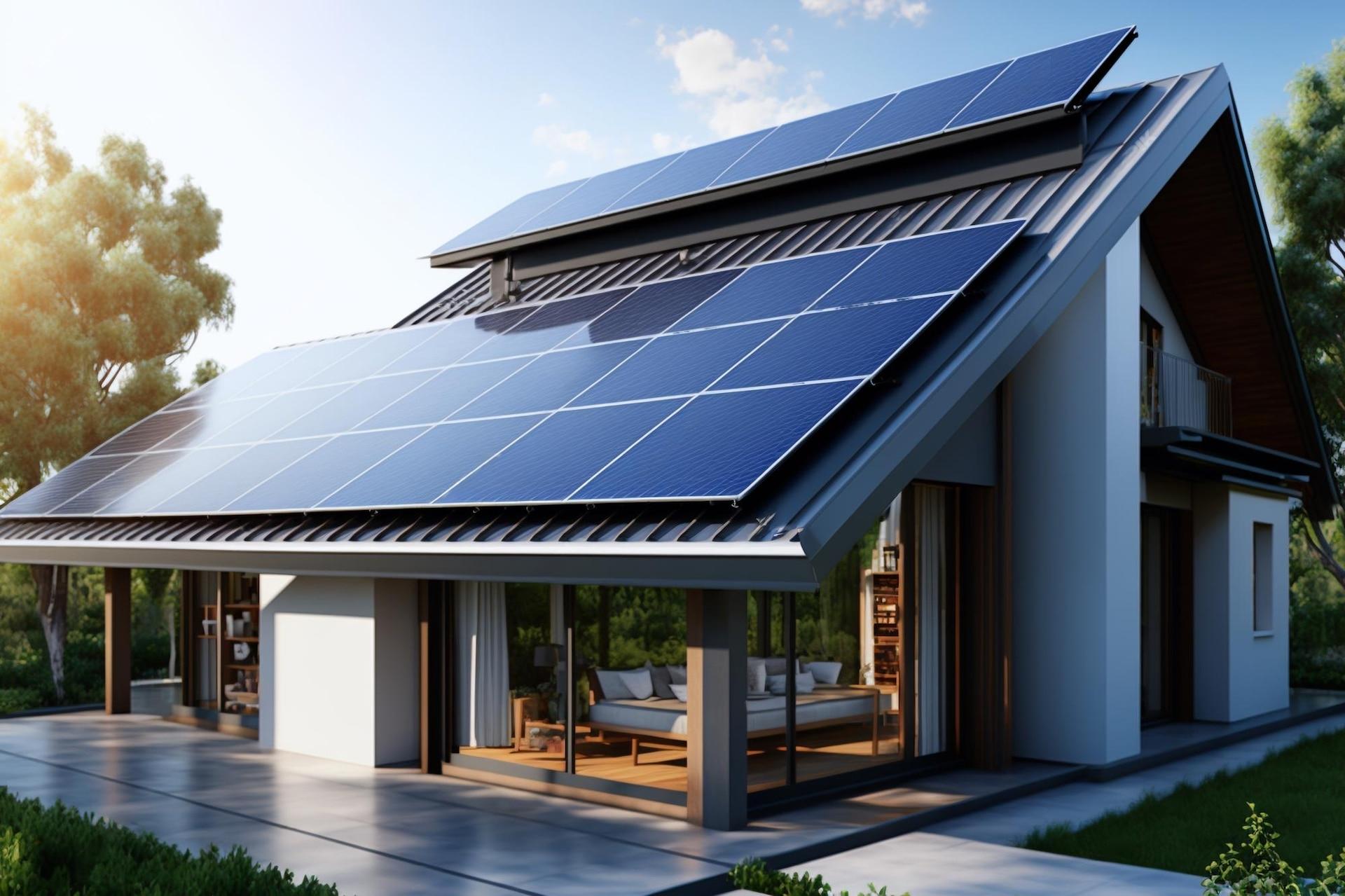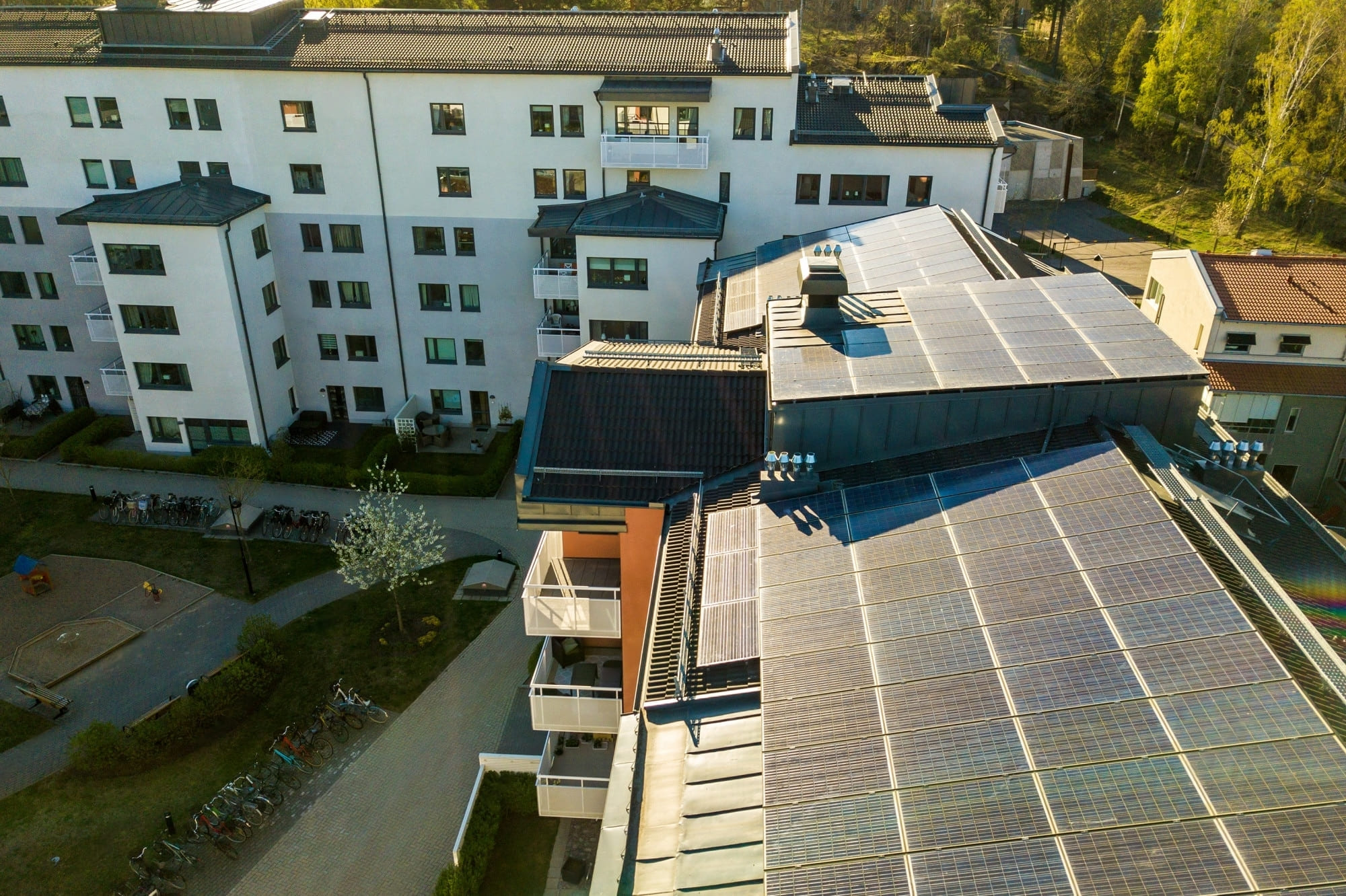
A Hybrid Solar System is a combination of on grid and off grid solar systems. It stores your excess solar energy generated by solar panels with batteries and also provides backup power during grid failures. When the batteries are full, it also transmits excess generated solar energy to grid with Net-metering feature and benefits consumer with earning credits.








A hybrid solar system utilizes both energy storage and direct energy conversion to maximize efficiency and reliability. Here’s how it works:

As Pakistan is one of those countries that experiences long hours of sunlight throughout the year, harnessing solar energy with hybrid/ongrid solar systems can prove a reliable and cost-effective solution for electricity generation. But in current times, Hybrid Solar Systems are gaining more popularity in Pakistan than Ongrid Solar systems.
The reason is mentioned below here:
On one hand, Ongrid solar systems rely heavily on the grid for power supply. In areas with unstable grids or frequent power outages, these systems may not provide reliable electricity. Ongrid solar systems do not have battery storage, which means they cannot provide power during nighttime or in grid failures. In Pakistan, some areas have restrictions on grid tie-ins, making it difficult to connect ongrid solar systems to the grid. This limits the feasibility and effectiveness of ongrid systems in such areas.
On the other hand, hybrid solar system has the ability to operate independently from the grid. With a hybrid system, you can enjoy uninterrupted power supply even during grid failures. In areas with unreliable grid supply, a hybrid solar system acts as a backup power source. The batteries store excess solar energy, which can be utilized during nighttime or in case of power outages. This ensures that your home or business remains powered, regardless of external factors. Other fact is that hybrid solar system can significantly reduce your electricity bills. During the day, the system utilizes solar energy, thereby reducing your reliance on expensive grid electricity. Additionally, excess solar power can be stored in batteries and used during peak hours when electricity rates are high.
Ultimately, we can say that hybrid solar system proves to be a more preferable choice than the ongrid solar system in Pakistan. Its ability to operate independently from the grid, provide backup power, and reduce electricity costs make it an attractive option for both residential and commercial applications. With the environmental benefits and increasing affordability of solar technology, hybrid solar systems offer a sustainable and practical solution for meeting the energy needs of Pakistan.

M27- IT Tower, Lahore
Welcome to SNM Solutions, your key to harnessing the power of the sun. We are a leading solar energy company dedicated to providing innovative, reliable, and affordable solar solutions for residential, commercial, and industrial needs.
Copyright © 2026 SNM Solutions All Rights Reserved Powered by Metaware Global
+92 313 878 3630